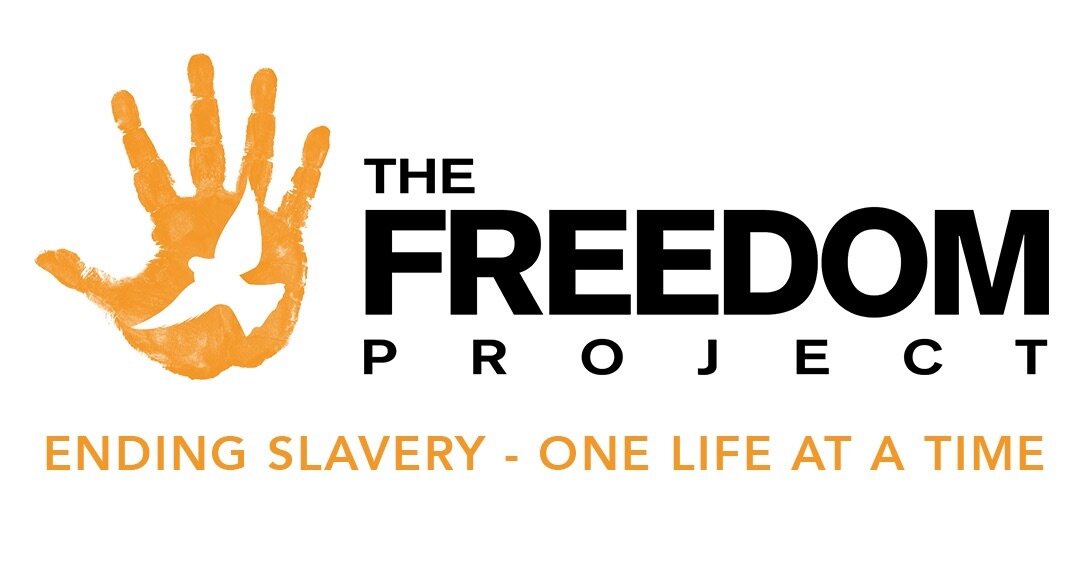3 Ways to Become an Ethical Consumer
By Maddy Reid
Walking into your favorite clothing shop, you are greeted at the door with a friendly smile. As you browse slowly through the aisles, you see before you the perfect outfit. They even have the matching the shoes. And can you believe, it’s on sale too! But the overwhelming excitement of your new PERFECT purchase hinders you from asking some very pivotal questions. Where was this product made? How is the money I used to pay for it distributed? Are the factory workers treated with respect and integrity? And do the workers enjoy fundamental labour rights, such as working in a space that is safe, adheres to wage laws and is free from discrimination?
Even if you are already aware of the huge difference your purchasing habits can make in global supply chains, knowing where to start on the journey to becoming an ethical consumer can be really confusing. Luckily for you we have compiled 3 simple ways to get started!
Here are 3 ways to help YOU become an ethical consumer
1.Check before you buy
It is essential that we ask specific questions before purchasing each product
Baptist World Aid has created a wonderful online resource called the ‘ethical fashion guide’. This tool enables individuals to look up their favorite brands and make informed judgements based off how they are ranked according to the five criteria.
These criteria include:
1. Policy and governance,
2. Tracing and risk,
3. Supplier relations and human rights monitoring,
4. Work empowerment
5. Environmental sustainability,
When writing this blog, I decided to do some research on the brands which I love most. I was relieved to know that Glassons, my favorite brand, received almost all A’s in the five criteria. Billabong however, as another example, received F’s across the board.
Using this metric, it would be safe to say that making the informed choice to shop at ethically higher ranked brands like Glassons is a great way to improve as an ethical consumer.
Why not look up your favorite brands today and see how they’re ranking?
2. Boycott the bad guys
We should limit our consumption of brands that function unethically.
The entire purpose of for-profit companies is just that, to make a profit! Money is their priority, not people. But when customers stop shopping at these brands, the companies are forced to make some very important changes. This may include increasing wages for factory workers in places like Vietnam where regulation is less consistent, or adhering to the laws regarding child labour in Bangladesh and so on.
An example of this was the infamous Nike sweatshop scandal back in the early 2000’s. Despite the brand's popularity, human right advocates began to ask questions such as; are the manufacturing factories workable? Are the workers getting paid enough money? Are the rights of staff being respected?
After much investigation, it was revealed that Nike was paying workers below-minimum wage, including with rampant child labour abuses, and factories were kept in appaling condition. Due to this public exposure, many ceased to consume anything Nike branded. This forced the company to make some very drastic changes.
The takeaway: unless enough people stop shopping with them, big brands & labels will not be forced to make ethical changes
3. Be vocal
The last step to becoming an ethical consumer calls for you to speak out against the brands that are functioning unethically.
Your voice has the potential to create great change. But first, we have to speak out. It is important to make brands know that we as consumers are aware of their unethical and exploitative practices, and that we demand change. Practically, this could be done by sending a letter to your local store addressing your concerns or taking 5 minutes out of your day to email their head offices. Although these are small actions, they create a pathway for change.
It is also important that we share what we uncover when looking into companies’ unethical productions. Tell your families and friends. Tell your bosses and coworkers. Share it on Social Media. Run a fundraising event for your favorite anti-trafficking organization (I recommend The Freedom Project, but I’m arguably biased!) and speak out about what you’ve learned!
It is the responsibility of each and every one of us to be a voice for the voiceless.
And for people like us, in countries like Australia, there are so many ways you can make your voice heard!
Will you step up today and make a difference?

